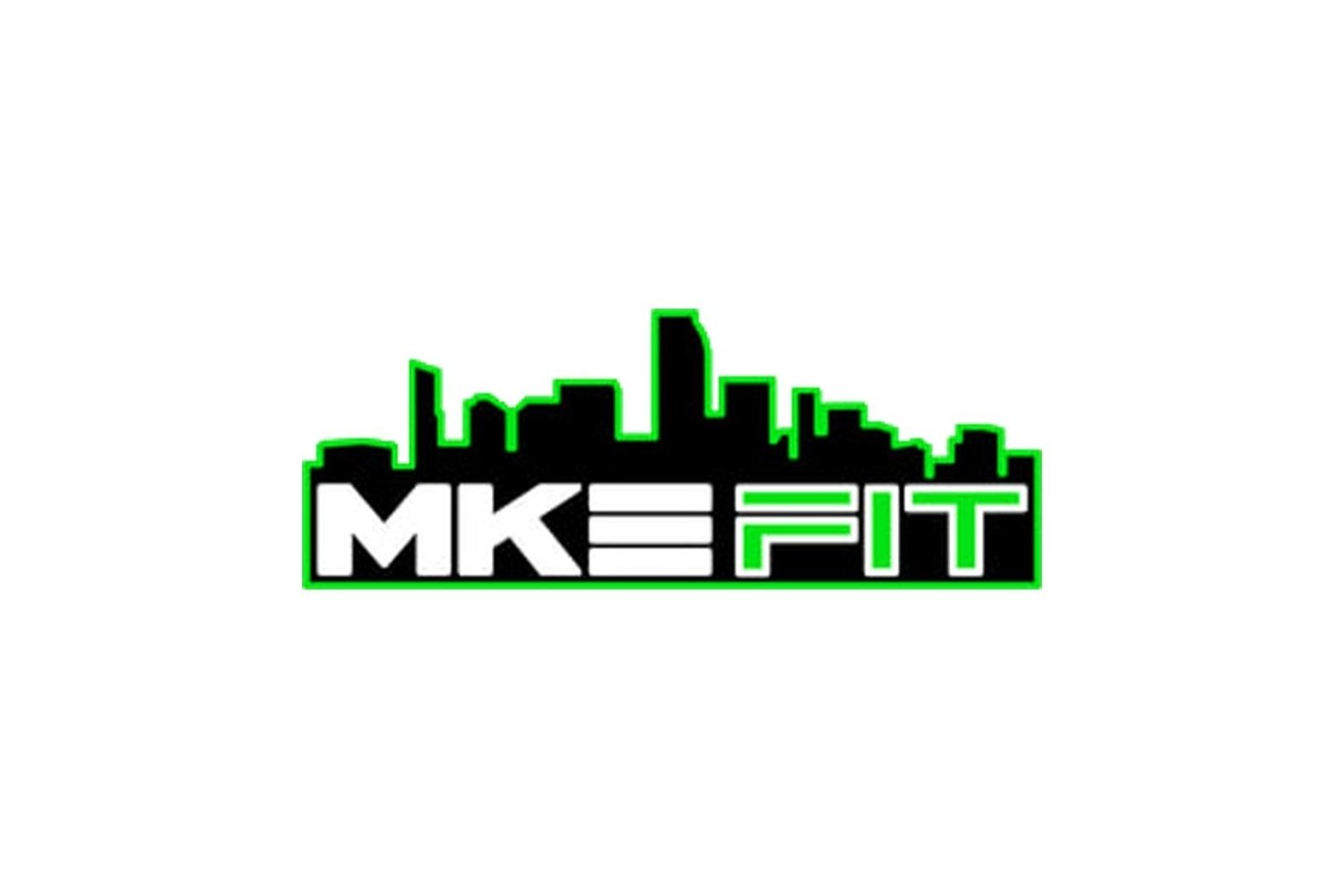Preventing Injuries Through Proper Form and Progression
Injuries can derail even the most dedicated fitness journey. Whether it’s a strained muscle, joint pain, or burnout, most training setbacks come down to two key factors: improper form and rushing progression.
At MKE FIT, we believe that smart training is safe training. You don’t have to push to the point of pain to make progress. In fact, the best athletes and long-term gym-goers know that the foundation of strength is control — mastering form, listening to your body, and progressing strategically.
This guide breaks down how proper technique and thoughtful progression can help you stay injury-free while making consistent gains.
Table of Contents
Why Injury Prevention Matters
Injury prevention isn’t just about avoiding pain — it’s about building longevity. When you train correctly, you can stay consistent, recover faster, and reach your goals without constant setbacks.
Common causes of gym injuries include:
Poor exercise technique
Lifting too heavy too soon
Neglecting warm-ups and mobility
Skipping rest or recovery days
Ignoring pain or fatigue
These mistakes are 100% preventable with the right education and guidance. At MKE FIT, we emphasize form and progression from day one, because long-term fitness depends on staying healthy and capable.
1. Master Form Before Adding Weight
The most important rule in fitness: technique before load.
Proper form ensures that your muscles — not your joints or ligaments — are doing the work. It also teaches your body how to move efficiently, building strength in the right places.
Here’s how to focus on form:
Start with bodyweight movements to learn control and balance
Use mirrors or video feedback to assess your technique
Ask a trainer to evaluate your posture during each exercise
Slow down your reps to feel the correct muscle engagement
Once your form is solid, then and only then should you increase resistance. A well-executed squat with bodyweight is far more effective than a heavy squat with poor alignment.
2. Warm Up the Right Way
Jumping straight into heavy lifting or high-intensity training is one of the fastest paths to injury. Your muscles, tendons, and joints need time to prepare.
A proper warm-up should include:
Dynamic stretches (e.g., leg swings, arm circles)
Mobility drills for tight areas like hips and shoulders
Activation exercises to engage key muscles before the main lifts
Gradual load increases on your first few sets
Think of your warm-up as an investment: five minutes of preparation can save you months of rehab.
3. Progress Gradually, Not Aggressively
Fitness is a marathon, not a sprint. Many injuries happen when people add weight, intensity, or volume too quickly.
Follow the 10% rule — increase total load or volume by no more than 10% per week. This allows your muscles, tendons, and connective tissues to adapt safely.
Example:
If you’re squatting 100 pounds for 3 sets of 10, don’t jump to 150 the next week. Add 5–10 pounds and focus on maintaining perfect form.
Other progression strategies include:
Adding an extra set or rep instead of weight
Improving tempo or control before intensity
Taking deload weeks to reset and recover
Remember, progress built slowly is progress that lasts.
4. Listen to Your Body’s Signals
Your body gives feedback — it’s up to you to listen. There’s a difference between challenge pain (muscle fatigue, mild burn) and warning pain (sharp, sudden, or persistent discomfort).
If something feels off:
Stop the movement
Reassess your form
Ask your trainer for corrections
Consider modifying or substituting the exercise
Ignoring pain only leads to longer recovery times. Training smart means knowing when to push — and when to pull back.
5. Work with a Certified Trainer
Even experienced lifters benefit from professional feedback. A certified personal trainer can:
Identify and correct form errors
Design programs that progress safely
Adjust training based on recovery and goals
Teach you how to warm up, cool down, and mobilize effectively
At MKE FIT, our trainers combine science-based programming with one-on-one attention. We focus on movement quality first, helping clients build a strong foundation that supports every phase of training — from weight loss to performance.
Final Thoughts
Injury prevention isn’t just a side benefit — it’s the core of effective training. When you move well and progress wisely, every workout builds on the last.
At MKE FIT, we help you train smarter, move better, and stay injury-free through personalized programming, proper instruction, and a focus on long-term success.
If you’re ready to improve your form, strengthen your foundation, and train with confidence, schedule your Free Consultation today. Let’s make progress without pain.
